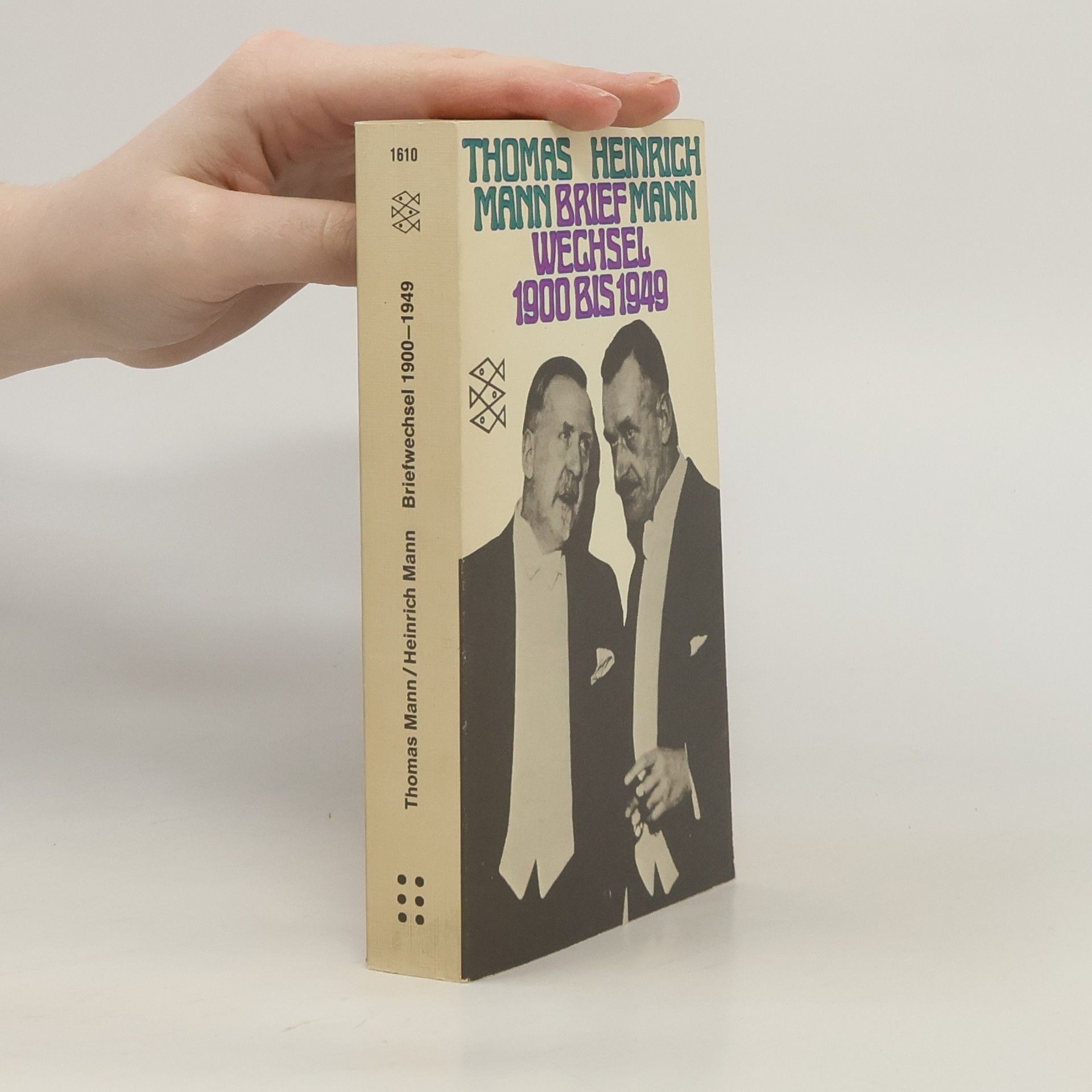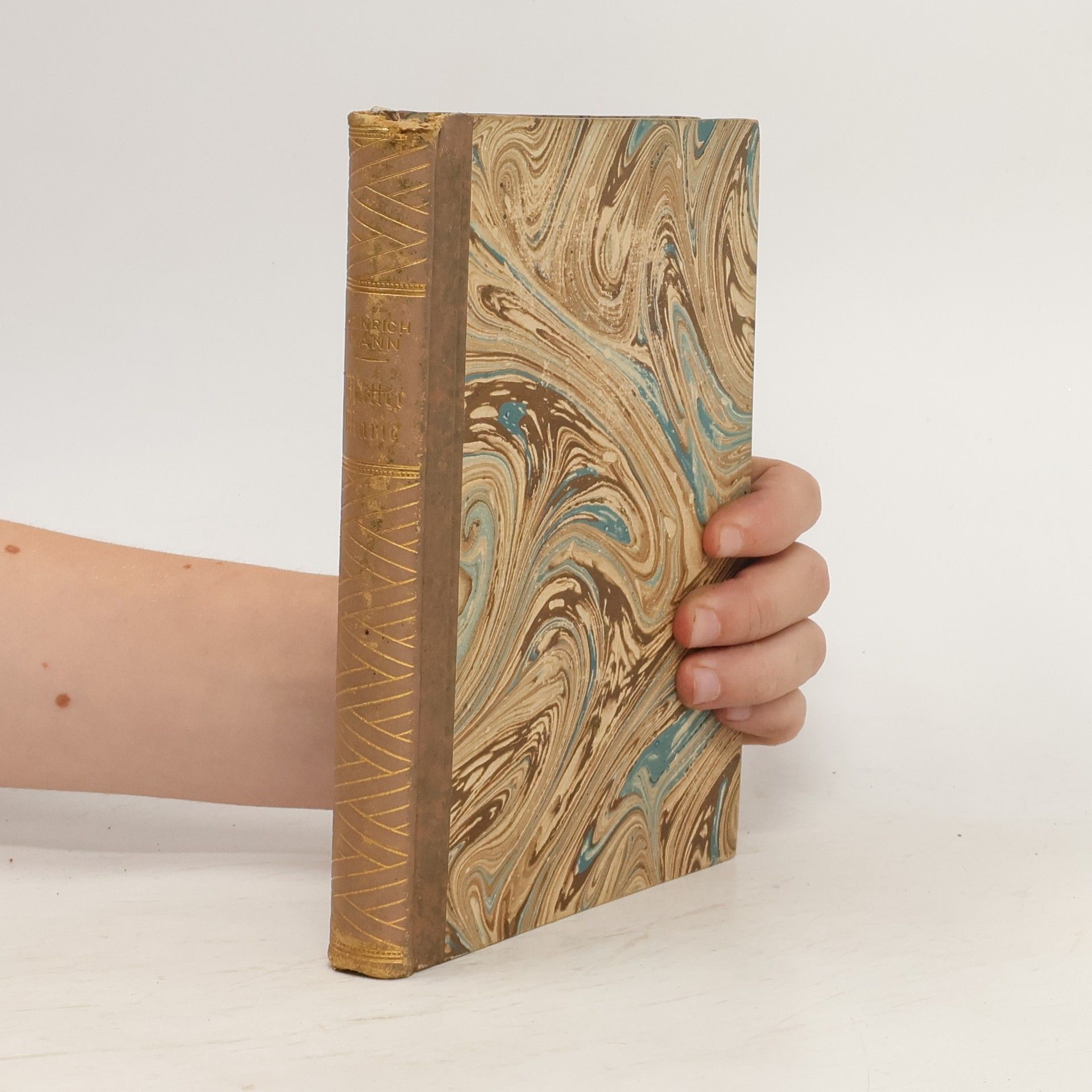Heinrich Mann Livres
Un romancier allemand dont les œuvres, imprégnées de thèmes sociaux, lancèrent de puissantes attaques contre la nature autoritaire et de plus en plus militariste de la société allemande d'après-guerre de Weimar, ce qui le conduisit finalement à l'exil en 1933. Son écriture examinait de manière critique les normes sociales et les courants politiques de son époque.

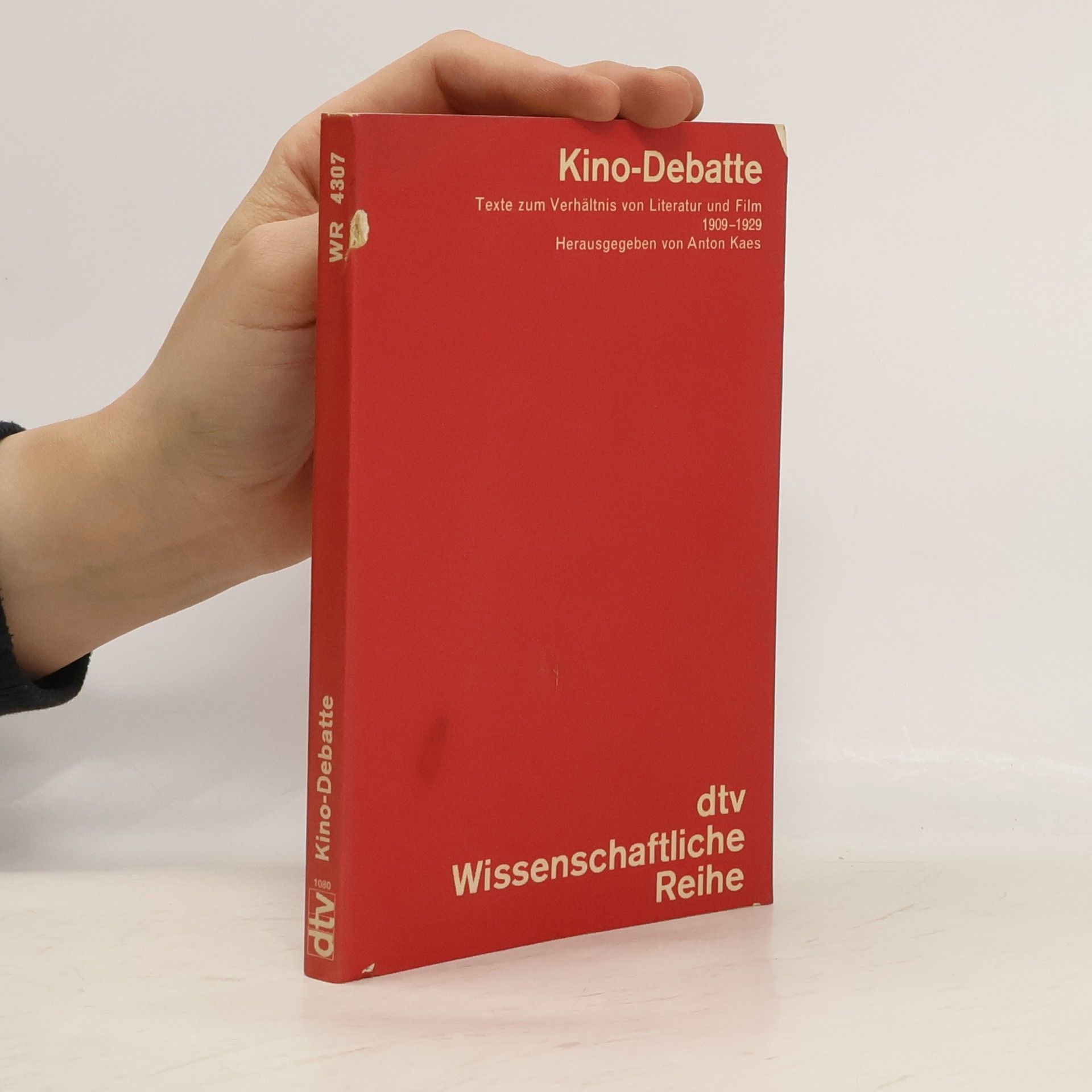

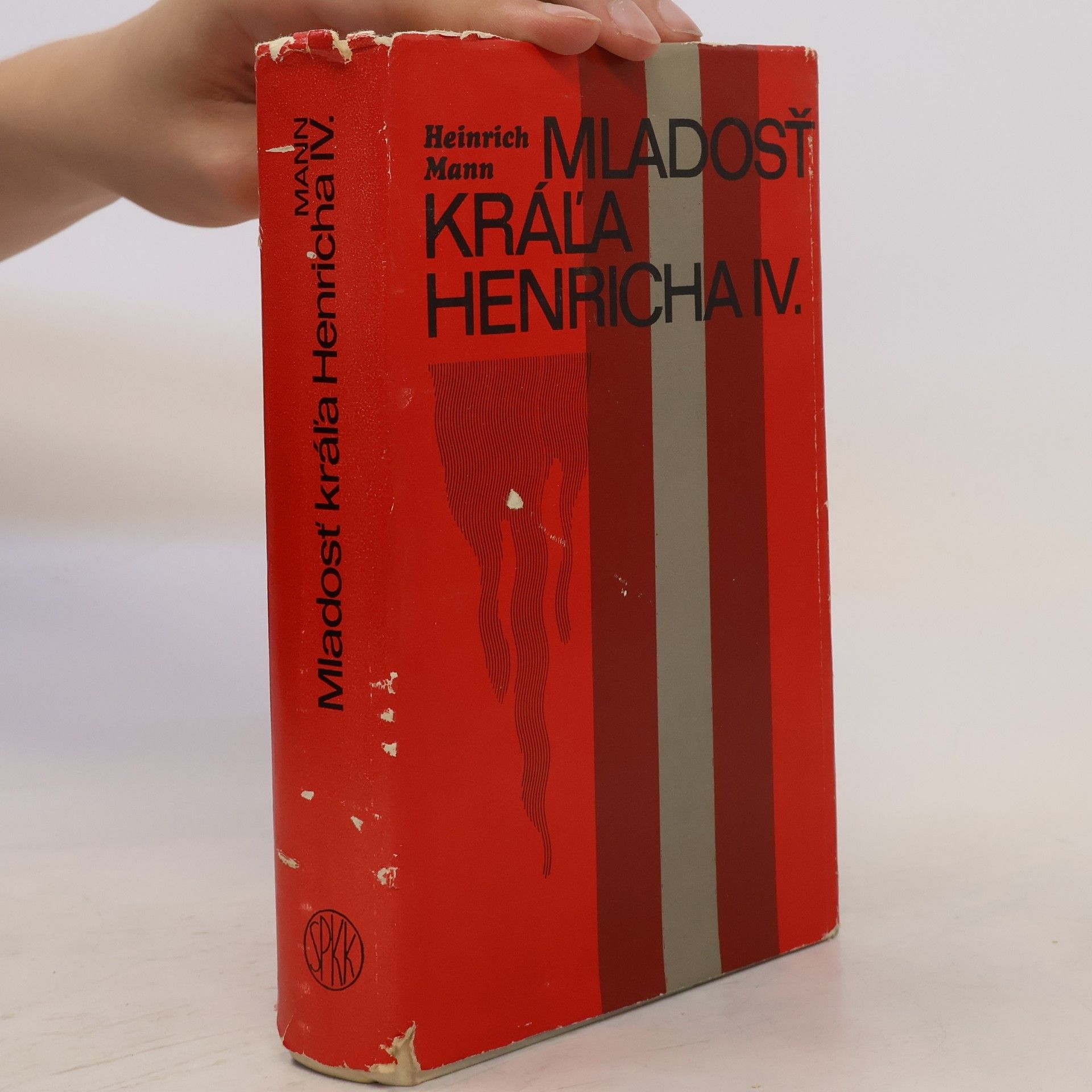
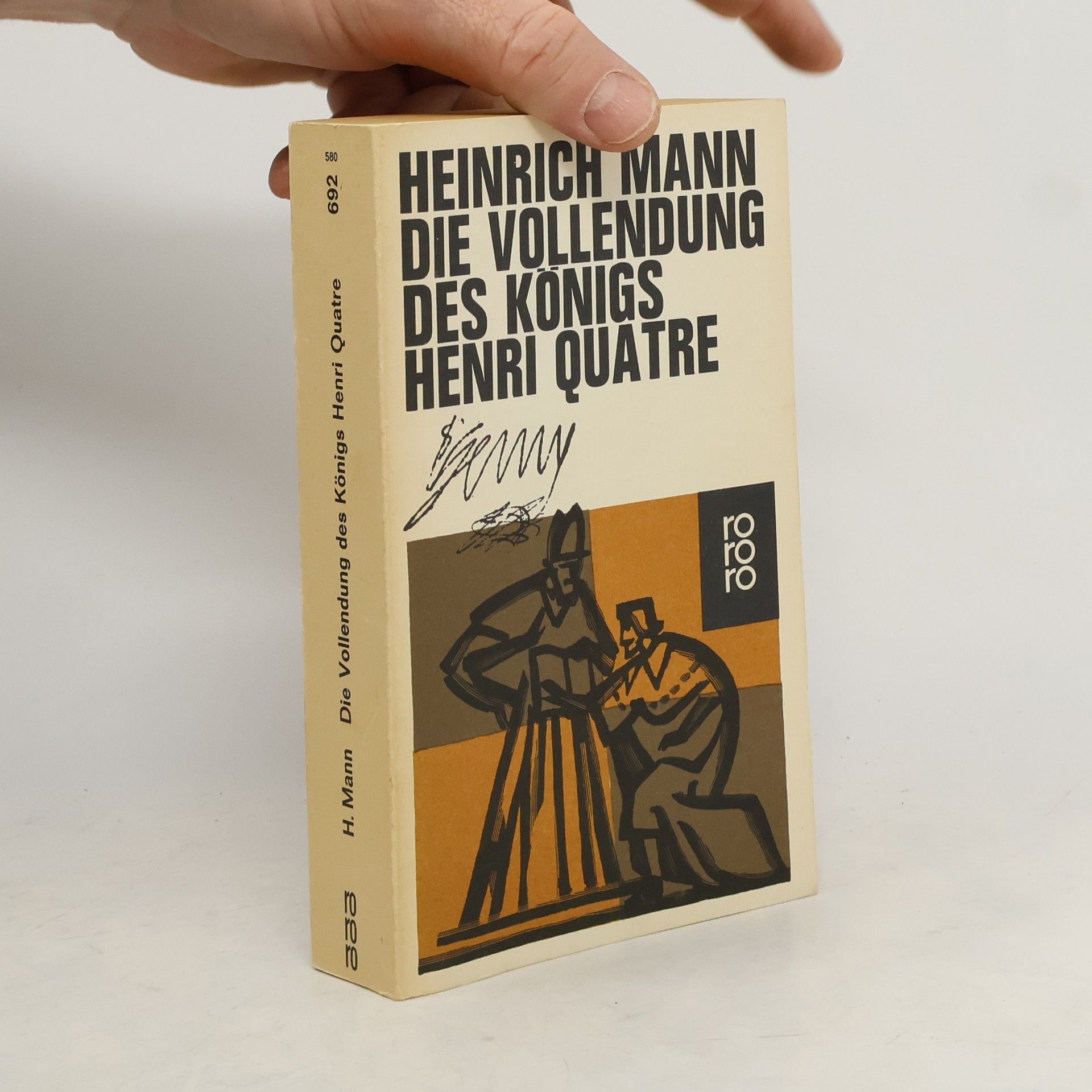

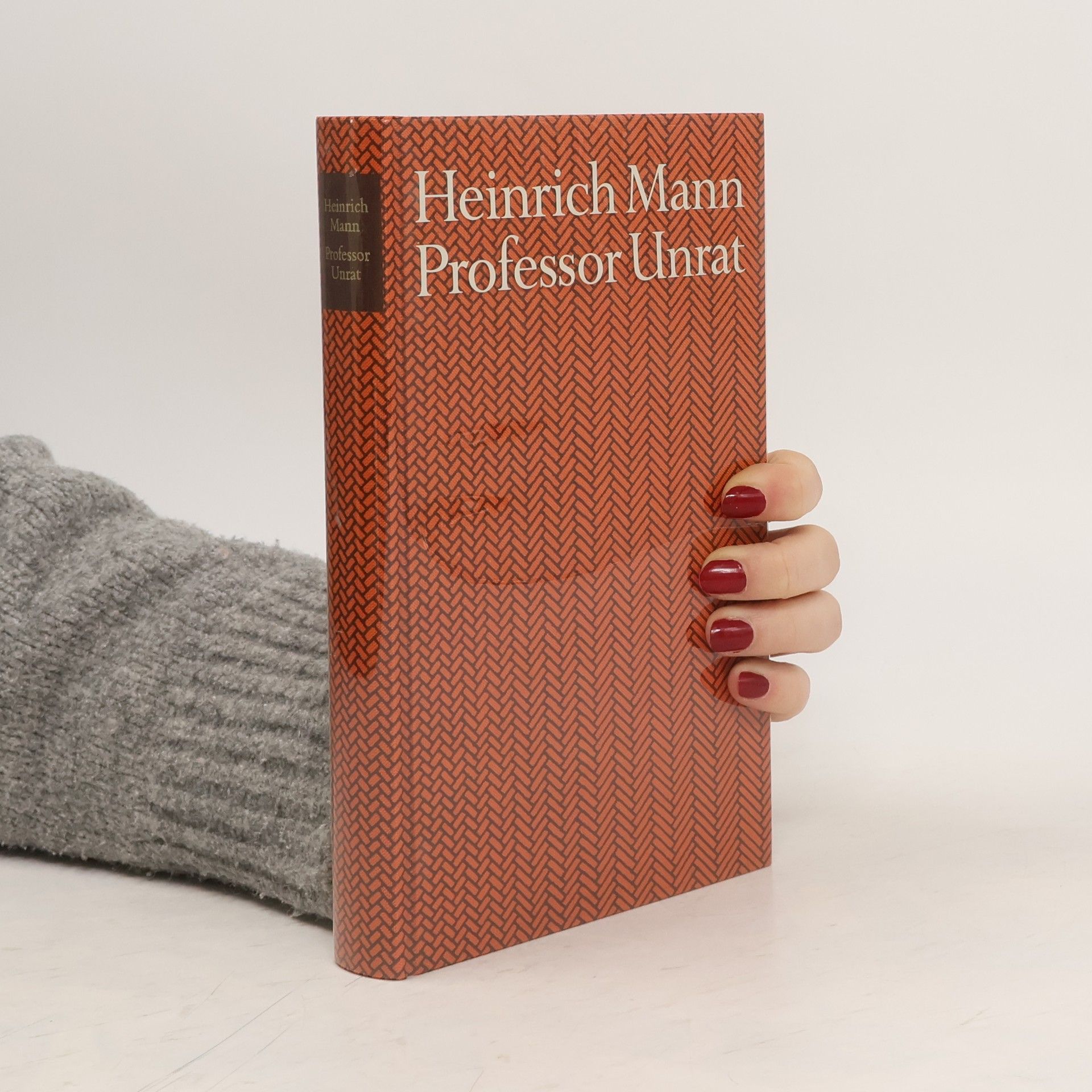
Man of Straw
- 304pages
- 11 heures de lecture
This is a reproduction of a book published before 1923. This book may have occasional imperfections such as missing or blurred pages, poor pictures, errant marks, etc. that were either part of the original artifact, or were introduced by the scanning process. We believe this work is culturally important, and despite the imperfections, have elected to bring it back into print as part of our continuing commitment to the preservation of printed works worldwide. We appreciate your understanding of the imperfections in the preservation process, and hope you enjoy this valuable book.
Die Vollendung des Königs Henri Quatre
- 564pages
- 20 heures de lecture
Der Weg des Prinzen Heinrich von Navarra zum «guten König» der Franzoen führt durch eine Epoche der französischen Geschichte, in der Mord und Gewalttat, Läge und Verrat die Politik mit anderen Mitteln, in ihrer grässlichsten Entartung triumphierten. Das Zeitalter der Glaubenskämpfe des Henri, ein Mächtiger des Guten, mit dem Edikt von Nantes beendete und denen er schließlich selbst zum Opfer fiel.
Román o hugenotskom francúzskom kráľovi hovorí o jeho pôvode, mladosti, o jeho matke. Bol hlavným uchádzačom o francúzsky trón po katolíckych kráľoch z rodu de Valis, ktorí umierali jeden za druhým na zvláštnu zdedenú chorobu. Vykresľuje Henricha skôr ako človeka než kráľa, a tak výzbrojou modernej psychológie uvádza nás do jeho vnútornej rozpornosti, erotickej náruživosti i jeho zvláštnosti.
Macht und Mensch : Essays
- 347pages
- 13 heures de lecture
Es kommt der Tag
- 288pages
- 11 heures de lecture
Fischer Verlag, Frankfurt/M., 1992. 288 S., kart. - sehr gutes Exemplar -
Briefwechsel
- 371pages
- 13 heures de lecture
In diesem Roman von Heinrich Mann trifft die einstige Dienstmagd Marie, nun Baronin, Jahre nach der Aussetzung ihres unehelichen Kindes auf den jungen Valentin, den sie für ihr Kind hält. Eingebettet in die Zeitgeschichte der Weimarer Republik thematisiert der Roman psychologische und gesellschaftliche Konflikte.
Eine wohltätige Frau. 6 Novellen
- 106pages
- 4 heures de lecture

